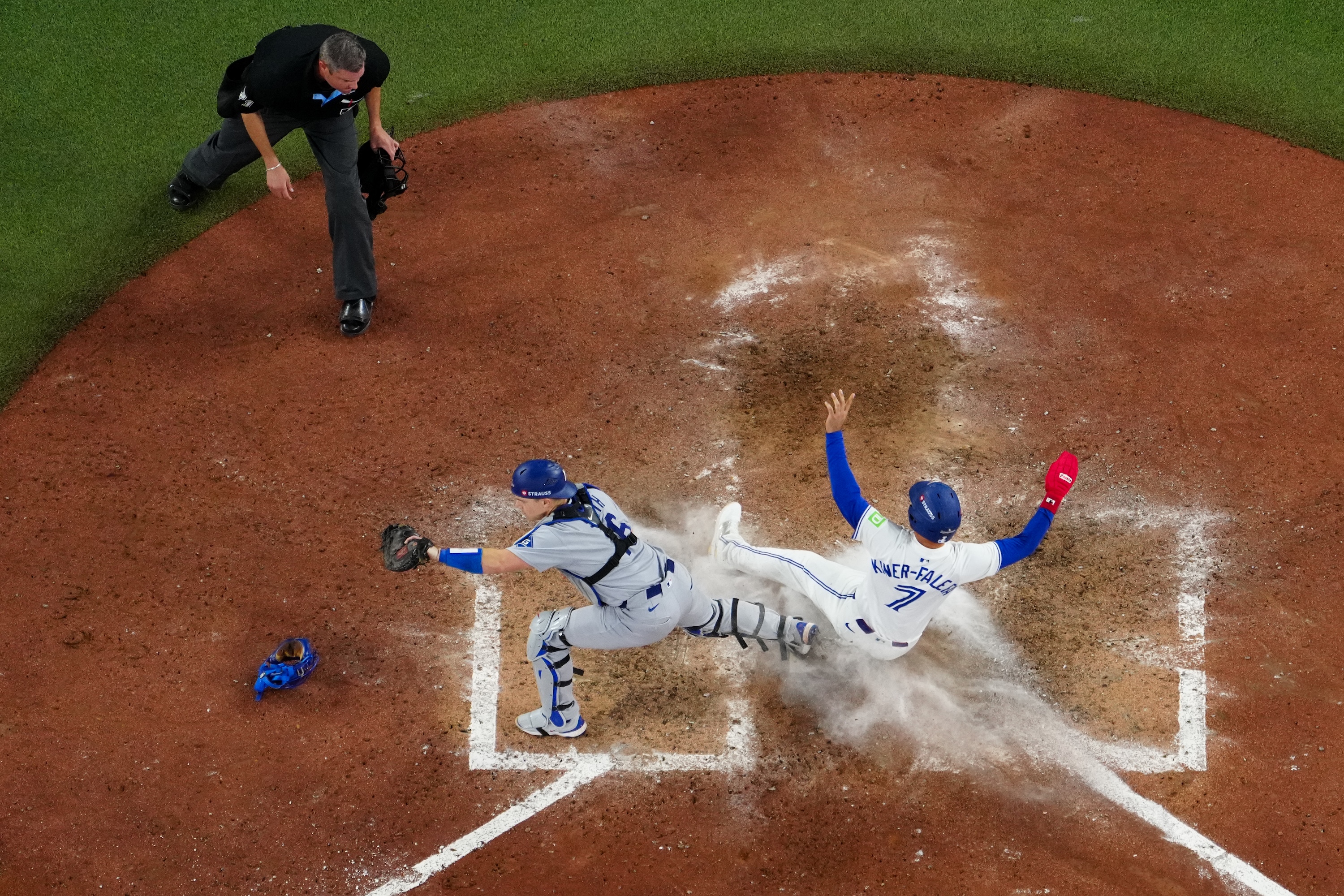
"Baseball makes you feel bad. I don't mean that in a literate sense ripping off Bart Giamatti's lede, the sense of dreading a sullen winter spent longing for the sensory pleasures of the game. I mean that baseball at its best, when the beats are on rhythm and when the high notes are hit, can be downright torture to watch. At the most stressful moments, the time between pitches allows you a regular moment to be alone with your agony-to bite fingernails or breathe shallowly"
"or pace your living room. Then the pitch is delivered, and there's just enough time to hope or fear, but, likely as not, a ball is fouled off and you get to do it all again. And again and again and again. Sometimes several unexpected bonus innings of it. Heart disease as a hobby. Whoever invented baseball had a cruel streak. Whoever enjoys it has a touch of masochism."
"This is a favor from the brain, a thank-you for the dopamine. Dodgers fans won't long be able to truly recall how they felt in the interstices of Game 7. They'll remember the triumphs big and small that broke the stretches of torment, and the elation that followed, but the rest of it will fade. Most teams, however, don't get to win-not"
Baseball produces intense, recurring emotional pain for fans because the game's pace creates repeated moments of hope and dread. Between pitches, fans experience private agony—nail-biting, shallow breathing, pacing—only to have the situation frequently prolonged by fouled balls or extra innings. Victories trigger dopamine and diminish painful memories, preserving only triumphant moments. Most teams do not win championships, leaving fans with lasting what-ifs and heartache, especially when a team raises expectations by reaching October. One dramatic example: in Joe Carter's city, a team that scored a playoff-record 105 runs needed one run in the bottom of the ninth of Game 7.
Read at Defector
Unable to calculate read time
Collection
[
|
...
]